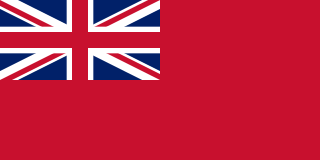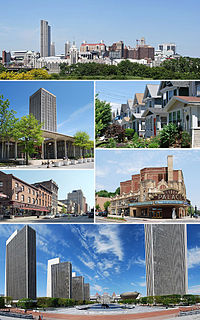Richard Norton Wilkinson (??-1804) was a soldier, judge and political figure in Upper Canada.

The Province of Upper Canada was a part of British Canada established in 1791 by the Kingdom of Great Britain, to govern the central third of the lands in British North America, formerly part of the Province of Quebec since 1763. Upper Canada included all of modern-day Southern Ontario and all those areas of Northern Ontario in the Pays d'en Haut which had formed part of New France, essentially the watersheds of the Ottawa River or Lakes Huron and Superior, excluding any lands within the watershed of Hudson Bay. The "upper" prefix in the name reflects its geographic position along the Great Lakes, mostly above the headwaters of the Saint Lawrence River, contrasted with Lower Canada to the northeast.
He was born in Scotland. At the time of the American Revolution, he was a merchant in Albany, New York and owned a ship. His ship and cargo were seized and he was imprisoned by the colonists. He escaped and served with Sir John Johnson's King's Royal Regiment of New York. In 1778, he was appointed to the Indian Department. He served as captain in the Royal Canadian Volunteers until 1802. In 1788, he was appointed justice of the peace in the Lunenburg District. In 1794, he was appointed justice in the Eastern District court. He represented Glengarry in the Legislative Assembly of the Province of Canada from 1796 to 1800.

Scotland is a country that is part of the United Kingdom. It covers the northern third of the island of Great Britain, with a border with England to the southeast, and is surrounded by the Atlantic Ocean to the north and west, the North Sea to the northeast, the Irish Sea to the south, and more than 790 islands, including the Northern Isles and the Hebrides.

The American Revolution was a colonial revolt that took place between 1765 and 1783. The American Patriots in the Thirteen Colonies won independence from Great Britain, becoming the United States of America. They defeated the British in the American Revolutionary War (1775–1783) in alliance with France and others.

Albany is the capital of the U.S. state of New York and the seat of Albany County. Albany is located on the west bank of the Hudson River approximately 10 miles (16 km) south of its confluence with the Mohawk River and approximately 135 miles (220 km) north of New York City.
He died at Cornwall in 1804.
His son Walter Butler was also a member of the Legislative Assembly but died only a few years after his father.
Walter Butler Wilkinson was a political figure in Upper Canada.

